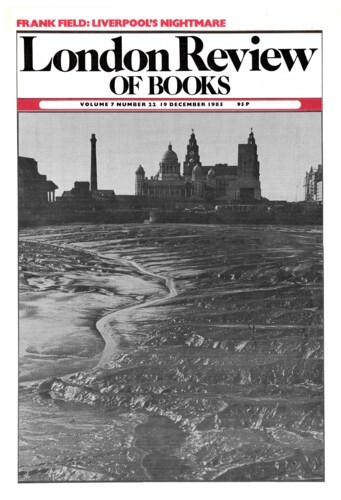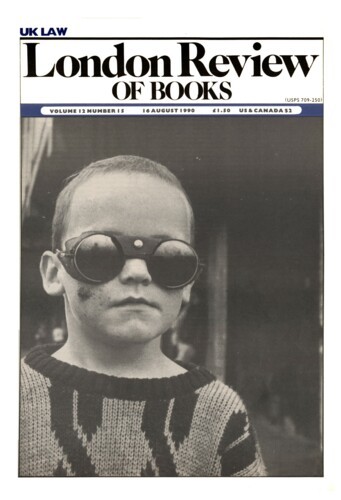Diary: The Current Mood in Dublin
John Horgan, 19 December 1985
Some of the exchanges heard inside and outside Parliament last week brought to mind the language used by the Northern Ireland Unionists and their friends at Westminster at the time of the Home Rule controversy in 1912-1914. A compilation of the more inflammatory remarks of Sir Edward Carson and his allies, published in Dublin in 1918, achieved the unique distinction of being banned by the British censor in spite of the fact that its quotations were chiefly drawn from speeches by politicians who adorned the War Cabinet. The anonymous compiler, who entitled his collection The Complete Grammar of Anarchy, contrasted with some irony the fortunes of the members of the 1913 Ulster Provisional Government with those of the members of its Dublin counterpart three years later. Many of the former were given senior British government appointments: the latter were all shot.


